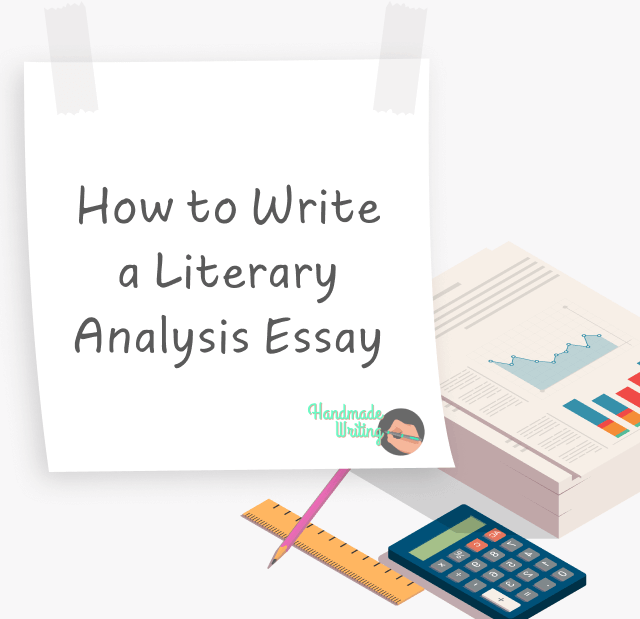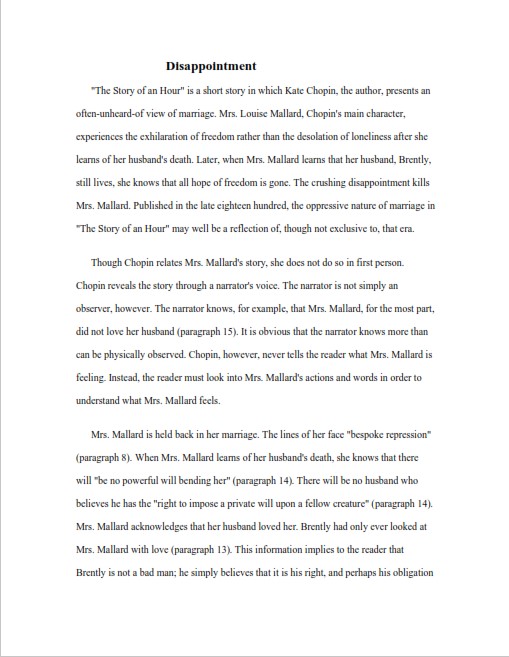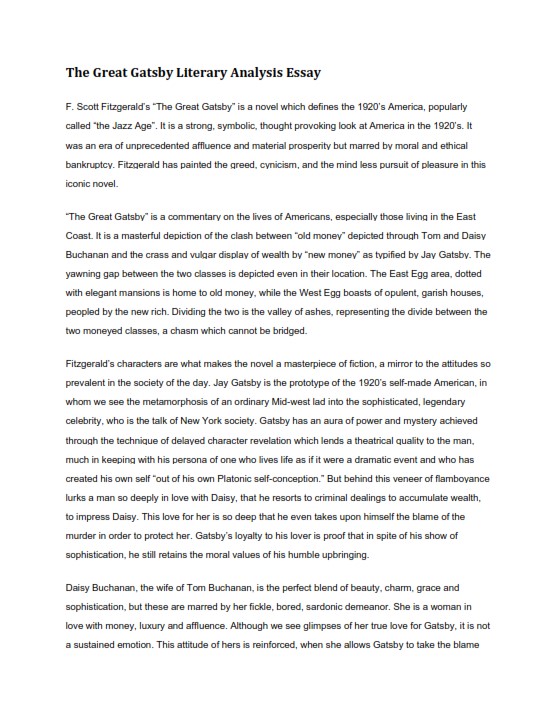
Choose a cozy place for reading – it’s where no one will disturb you, and noise won’t interrupt the process. Only in this case, you’ll notice the most important details. If you pick the right environment, you’ll be able to concentrate on a story. You can choose a quiet place in a park, stay in your room, or go to a library.
- Which parts are the most essential ones?
- What literary devices did the author use, and why did they choose them?
- Do characters change somehow?
It’s necessary to pay attention to the length of sentences, terminology, descriptions, presence of metaphors, etc. Does the writer use simple words to describe an object or go poetic? Is it easy to understand the text? Does the author use slang or conventional terms?
The writer’s style tells a lot about their piece – even more than you can imagine. Besides, the characters’ language style is one of their most important features. It helps readers understand their personalities. If your topic is connected with the character analysis, taking notes about language is a must for you.
2. Take notes

- Introduction. This part is the most important one, as it should explain the main points of the body text and grab the reader’s attention. However, it’s not only a brief description of the essay’s content – you have to compose a catchy introduction that engages the audience. It’s necessary to use a hook to grab the reader’s attention and make them wonder what happens in the next literary analysis essay’s section. You can add a quote, an interesting fact connected with the book or the author, or write a question and promise to provide the answer in the next part.
- Body text. After you’ve composed the introduction, it’s necessary to move to the next step in your writing. Body text will contain all your statements, arguments, and important details supporting your analysis. Usually, this section has 3 paragraphs, but you can extend it depending on the task complexity and the professor’s requirements. When designing an outline, use the columns or bullet points to present the main ideas. These lists will help you figure out which details are unnecessary in your essay.
- Conclusion. Your final thoughts will shape the entire paper and influence the reader’s impression. At this point, the audience gets the overall impression of your analysis and decides whether you’re right or wrong. Name the paper’s core thoughts and write your final statement. You can write a sentence or two about the significance of the author’s idea or the impact made by the piece.
After you’ve answered these questions, you’ll have to determine the relationships between the ideas and storyline, the characters’ behavior, and how their roles change in a piece. Conduct comprehensive research to get information about the text, its background, and the author. These materials will help you understand the writer’s intentions and ideas better.
Who’s telling the story? It can be told by a character or by an author watching the course of events from a distant perspective. You have to determine the role of the narrator in a story. Do they know everything about other characters? Is their role important for story development? Of course, if an author is a narrator, you won’t have to wonder whether they influence the piece somehow. If a character tells the story, the chances are that they hide some information or don’t know much about different events. In this case, some details may become evident in the end.
When studying at school, college, or university, you get dozens of writing tasks, and a literary analysis essay is one of them. You have to study a piece of literature and write about the core idea, characters, or the author’s intentions. In some cases, it’s necessary to explore style, plot, structure, and other elements to explain how they complement or weaken each other.

As you can see, you must choose a theme based on a book, novel, or poem that you have read. When you start doing so, you will get plenty of essay topics.
Once you go through these literary analysis examples, you will be able to come up with good ideas that your teacher will appreciate.
In the literary essay introduction, you must specify the literary piece which you wish to discuss. To grab the reader's attention, start with a quote, or highlight an incident from the book. Following this, state the central theme of the essay or the main aspect of the book or novel you wish to cover. Finally, end the introduction by providing a brief overview. What you are doing here is setting the stage for the body.
If you are wondering how to write a good literary essay, then your next focus should be on the thesis statement. It acts as a reference, which sheds light on the central theme of the piece. Both the writer and the readers benefit from this. Most students often digress from the main point and end up covering other aspects. For instance, your thesis statement for the topic mentioned above would be, “The focus of the essay is to study the literary devices used in the novel."
Literary essay examples- References you should consider

Let us now take a look at some examples to give you a clear idea.
The body of the essay is where you can cast a spell on the minds of the readers with your good literary essay writing skills. Here, you have to include the elements that are stated above. Create separate subheadings for enhanced presentation, and if possible, try to incorporate bullets to highlight the main points.
Those who are unfamiliar with a literary essay might wonder what is a literary analysis essay. Simply put, it is an assignment where you read a book or a novel and state your view. You describe the theme, justify the tile, carry out character analysis, and highlight important moments.
An excellent way to enhance your writing is to brush up your grammar. This will aid you in sentence construction. Learning proverbs and phrases will spice up your content. Moreover, you should enrich your knowledge of diction, and this is possible when you have a good vocabulary. To ensure that the readers don't hit a bump, incorporate the right transition words like 'nevertheless', 'consequently', etc.

Wrap up the essay without introducing any new ideas and avoiding direct quotations. Summarize everything you have mentioned above in different words. Then stress the thesis once again, highlighting the new perspective the essay has opened.
It is always a good idea to create an essay outline first. Write a minimum of 3-4 key ideas for the body part. Then, exemplify those points (you may cite the text). Then, add an appropriate introduction and a corresponding conclusion.
It is one of the types of an argumentative essay in which you carry out an in-depth investigation of a novel, story, poem, play, or any other literary creation. The purpose is to explore the reasons for certain technical and artistic choices of the author and interpret their meaning.
World classics and modern professional literature are valuable because of their multifaceted conflicts, well-thought structure, and abundant literary devices. Even the long research thesis cannot comprise all of them. Choose an aspect that stroke you the most in the course of critical reading. Formulate the intention of your analysis in one sentence. Make it succinct and to the point. The thesis tells your readers what you will tell them, but it also implies what you are not going to discuss.
Step 2. Formulate the Thesis
Your thesis statement requires sufficient textual evidence. In the previous step, you gathered much information, so now, it will be easier to find passages and quotations that refer to the subject. You may not use everything you have discovered in your writing, but having enough material at hand will help to structure the arguments.
This academic assignment aims to examine and evaluate a literary work or its aspect. The definition of a literary analysis essay presupposes the study of literary devices, choice of language, perspective, imagery, and structure of the text. These techniques are examined to understand the ideas the author intended to convey.
Some students find writing literary analysis papers rather daunting. Yet, an English class cannot go without this kind of work. By the way, writing literary analysis essays is not that complicated as it seems at a glance. On the contrary, this work may be fascinating, and you have a chance to study your favorite works of literature more in-depth.
At this stage, the text’s events are important since they convey the main theme or the principal idea. You should rather focus on literary devices, choice of language, structure, and narrative voice. These are the elements of the text that create visual and emotional effects and convey the meaning.
![]()
The introduction is the first part of the essay where you present your thesis, address the issue at hand and establish yourself as a credible, authoritative analyst. This part of the essay may vary in length but if you’re writing a high school assignment, it’s advisable to keep it to one or two paragraphs.
DON’T SAY : Eugene slapped his wife hard when he realized that she was still holding the broken figurine pieces.
- Introduction
- The body
- Concluding paragraphs
When it comes to writing literary analysis essays, most students often end up writing a summary of the plot. You should not summarize or retell the plot. Rather, analyze the story in concise, literary terms. For instance,
4 Construct a solid thesis statement

When drafting the body of your essay, it is important to always begin with a strong topic sentence. A strong topic sentence gives the reader a hint of what issues will be addressed in the paragraph. For instance, a topic sentence like: “ Domestic violence and fanaticism are major themes in Purple Hibiscus ” is very weak and vague. However, you could go for a stronger topic sentence such as: “ Eugene’s penchant for abuse and indoctrination stems from the traumatic childhood experiences he went through at the hands of the Catholic priests .”
For instance, let’s assume you’ve been asked to analyze George Orwell’s Animal Farm . For any student, the first point of action might be to look up reviews of the book online. However, even though reviews may offer you a slightly deeper insight into the book’s message, they are completely different from a literary analysis essay.
A literary analysis essay has one major purpose: to show that you understand and have carefully examined a literary work or text from several perspectives. It entails breaking down the text into the smallest core components and then analyzing each component to paint a bigger picture.
Your literary analysis essay should be supported with sufficient quotations and paraphrases from the text or famous scholars. However, you should also ensure that a majority of the essay is written in your own words in order to give it credibility and authenticity.

If you are wondering, what is the fundamental characteristic of a literary analysis essay? An ‘outline’ is the answer to this question. Being a student you must know how to create an outline for your essay, as a good outline will do half of your essay writing job.
Literary analysis essays are assigned not just to higher educational levels but also to high school students. Here is an example of a literary essay written for students of 8th grade.
The conclusion should not be very extensive, and neither should it be very concise. Generally, the length of the conclusion is equal or less to the length of the introductory paragraph. In conclusion, a new point should never be added as this will not give the reader a sense of completion.
We aim to facilitate students and help them to get rid of their academic stress. This is why we provide high-quality and original papers at the most affordable pricing. Place your order now and let all your assignment-related worries go away.
Literary Analysis Essay Conclusion

To write a good essay, you need to have a good topic. A literary analysis essay is an exciting essay type, and to write such an essay
From this, you should know that a literary essay is a type of college essay that can be maybe about any book or any literary topic you can think of.
As the name of the essay “literary analysis” suggests that it is an analytical type of essay that analyses literature work. This essay can also analyze a small piece of content related to literature. Mainly, it is written to analyze and explain the main idea or the theme of a book you’ve read. Also, a literary analysis essay can be written on a play, short story, or drama.
"CollegeEssay" is the #1 Ranked Online home for great academic writing, essays, research papers, and graduate theses.
